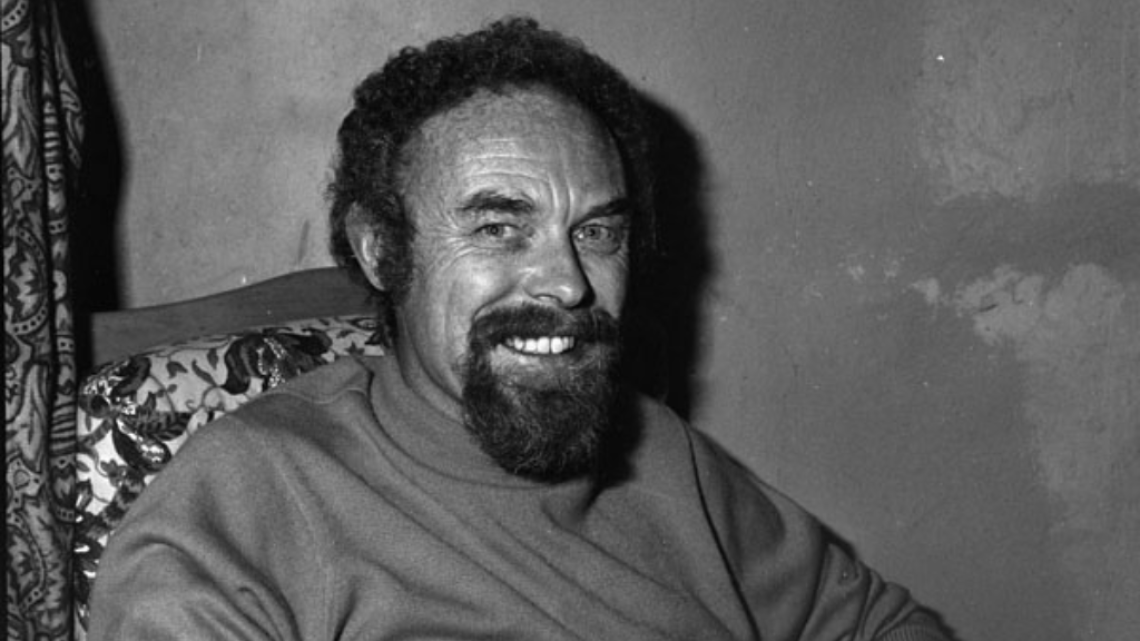Richard Shelton: A Legacy of Poetry, Prose, and Prison Reform
Richard Shelton (June 24, 1933 – November 29, 2022) was an acclaimed American writer, poet, and educator who left an indelible mark on the literary landscape and prison reform through his work. As an emeritus Regents Professor of English at the University of Arizona, Shelton’s contributions to poetry, creative nonfiction, and the lives of incarcerated writers have earned him a distinguished place in American literature.
Early Life and Education
Richard Shelton was born on June 24, 1933, in Boise, Idaho. His early life in the scenic landscapes of the American West deeply influenced his poetic sensibilities, fostering a profound appreciation for the natural world and its myriad expressions. This connection to nature and his keen observations of human experience would become hallmarks of his literary career.
Literary Achievements
Shelton’s literary career is marked by the publication of nine books of poetry, each showcasing his mastery of language and ability to capture the essence of the desert landscapes he so loved. His first collection, “The Tattooed Desert“, won the International Poetry Forum’s U.S. Award, establishing him as a significant voice in American poetry.
Shelton’s 1992 memoir, “Going Back to Bisbee“, is a poignant exploration of his experiences in the small Arizona town of Bisbee. The memoir was selected as a New York Times Notable Book and won the Western States Book Award for Creative Nonfiction. In 2007, it was chosen for the One Book Arizona program, further cementing its status as a seminal work in Southwestern literature.
His poetic and prose contributions have appeared in over two hundred magazines and journals, including prestigious publications such as The New Yorker, The Atlantic, The Paris Review, and The Antioch Review. Shelton’s work has been translated into multiple languages, including Spanish, French, Swedish, Polish, and Japanese, reflecting his international acclaim and the universal appeal of his writing.
In 2000, Shelton received a $100,000 grant from the Lannan Foundation to complete two books, a testament to his enduring influence and productivity as a writer.
Prison Writers’ Workshops
One of Richard Shelton’s most impactful legacies is his work with incarcerated writers. In 1974, he established a writer’s workshop at the Arizona State Prison, a pioneering effort that would transform countless lives through the power of creative expression. His workshops provided inmates with a platform to articulate their experiences and emotions, fostering a sense of purpose and self-worth through writing.
Shelton’s prison workshops have produced several notable writers, including Jimmy Santiago Baca and Ken Lamberton. Baca, who went on to become a celebrated poet and author, credits Shelton’s mentorship with helping him find his voice and purpose during his time in prison.
Shelton documented his experiences working with incarcerated writers in his book, “Crossing the Yard: Thirty Years as a Prison Volunteer“. The book offers a compelling account of his thirty-year journey as a volunteer, highlighting the transformative power of literature and the resilience of the human spirit. “Crossing the Yard” won the 2007 Southwest Books of the Year award, underscoring the importance and impact of his work in prison reform.
Teaching and Mentorship
As a professor at the University of Arizona, Shelton influenced generations of students through his teaching and mentorship. His dedication to nurturing young writers and fostering a love for literature extended beyond the classroom, leaving a lasting legacy in the literary community.
Awards and Honors
Throughout his illustrious career, Richard Shelton received numerous awards and honors in recognition of his contributions to literature and society. His accolades include the Western States Book Award, the Lannan Foundation Grant, and the Southwest Books of the Year award, among others.
Legacy and Impact
Richard Shelton passed away on November 29, 2022, at the age of 89, leaving behind a rich legacy of literary excellence and social impact. His work as a poet, memoirist, and advocate for incarcerated writers has had a profound and lasting influence, inspiring readers and writers alike to explore the depths of human experience and the transformative power of storytelling.
Shelton’s contributions to American literature and his tireless efforts to bring the written word to marginalized communities stand as a testament to his belief in the redemptive power of language. His life’s work continues to inspire and resonate, ensuring that his legacy endures for future generations.
For more information about Richard Shelton and his work, visit AZpoetry.com.









